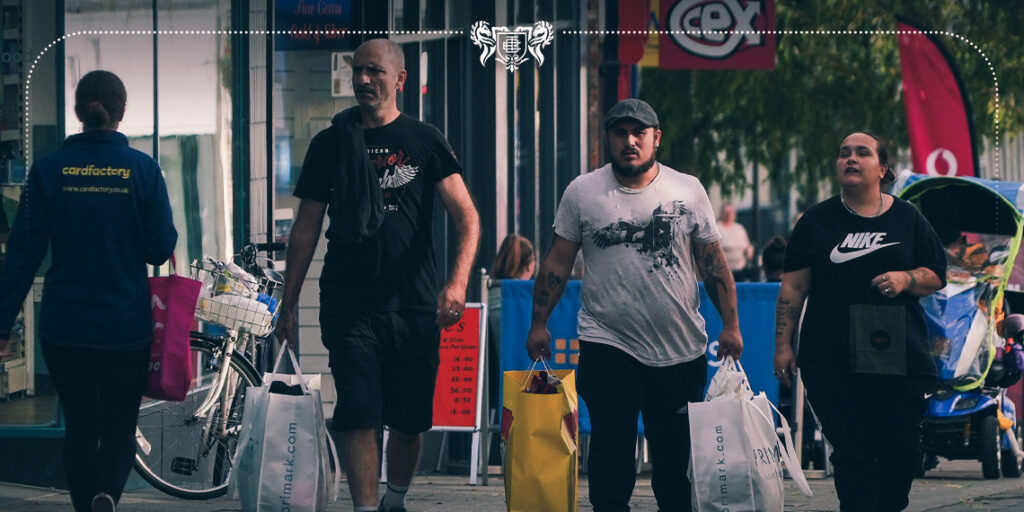Sue Bogacki, a retired care assistant, once supported Britain’s Labour Party, hoping it would resolve the political turmoil of recent years. Now, she considers it a major political misjudgment.
Bogacki lives in South West Norfolk, which witnessed the largest ever swing from the Conservatives to Labour in the last general election. In a surprising election night twist, former Prime Minister Liz Truss lost her seat after local support dwindled.
Nearly four months after the election, some voters who shifted their support now express regret ahead of the government’s upcoming budget. Concerns include significant tax hikes, a more austere tone, and doubts over the government’s ability to curb illegal immigration.
Prime Minister Keir Starmer cautioned that the forthcoming budget would be “painful,” with the wealthy shouldering a greater tax burden to repair the economic state left by the previous government. However, he assured voters that they would feel an economic improvement by the end of this parliamentary term.
In South West Norfolk, a predominantly rural, elderly, and Brexit-supporting area that had been a Conservative stronghold for six decades, voters criticized Labour for shifting from its hopeful campaign message to a more pessimistic tone. Bogacki, 72, was particularly frustrated by the government’s decision to restrict winter heating payments for the elderly, fearing more cuts could follow.
“The government promised change and better living conditions,” she shared. “But all we hear is negativity. If the government isn’t positive, it’s hard for us to be.”
Labour ascended to power with a pledge to rebuild Britain in the July election, ending 14 years of turbulent Conservative leadership. However, Starmer has already faced setbacks, including reshuffling top officials over controversies around donations, welfare cuts, and declining poll numbers.
A recent opinion poll shows Labour’s lead over the Conservatives has shrunk to just one point, down from a 20-point margin before the election. The government’s political honeymoon appears to be over. Starmer admitted to facing “choppy days” in his initial months but remains firm on his chosen path.
Challenges for the New Government
In interviews with around 40 residents in Thetford and Swaffham—two scenic market towns in South West Norfolk—Reuters explored the pre-budget sentiment. Voters shared varied and conflicting demands, revealing the challenges Labour faces in uniting a divided electorate.
Many voters desired improved public services but were unwilling to accept higher taxes. When asked about funding sources, some suggested reallocating funds spent on supporting asylum seekers arriving via small boats—a significant symbol of Britain’s border control struggles, though a small part of the overall budget.
Among the elderly, the primary concern was reversing the cutback in winter heating payments for retirees, a change made without prior notice. Labour has suggested that the poorest seniors can apply for Pension Credit to mitigate the impact.
Angie Caunter, 77, a former dress designer, shared her struggles with inflation, saying she now relies on cash to manage her spending better. “Life is tough for many,” she commented.
Joel Duggan, 20, a legal secretary and Labour supporter, believes the government should prioritize raising the minimum wage and building affordable housing over additional benefits for seniors. “Intergenerational unfairness needs to be addressed,” he noted.
If Labour fails to meet voter expectations, some, both young and elderly, suggest they might lean towards Nigel Farage’s anti-immigration Reform Party, which had a strong showing in its first national election this year. Reform candidate Toby McKenzie narrowly lost in South West Norfolk, falling short by fewer than 2,000 votes.
McKenzie, a political newcomer, expressed optimism for the future, stating, “We’re growing and developing a more professional structure. Next time, those on the fence or unsure will see us as a real alternative.”


